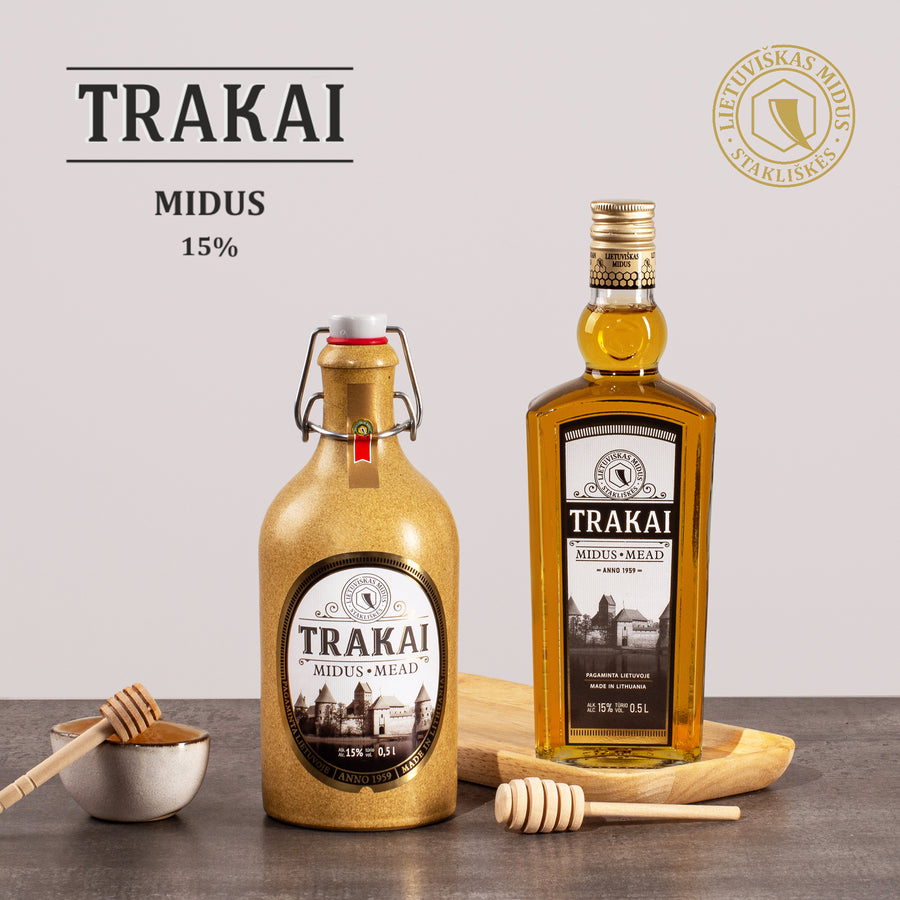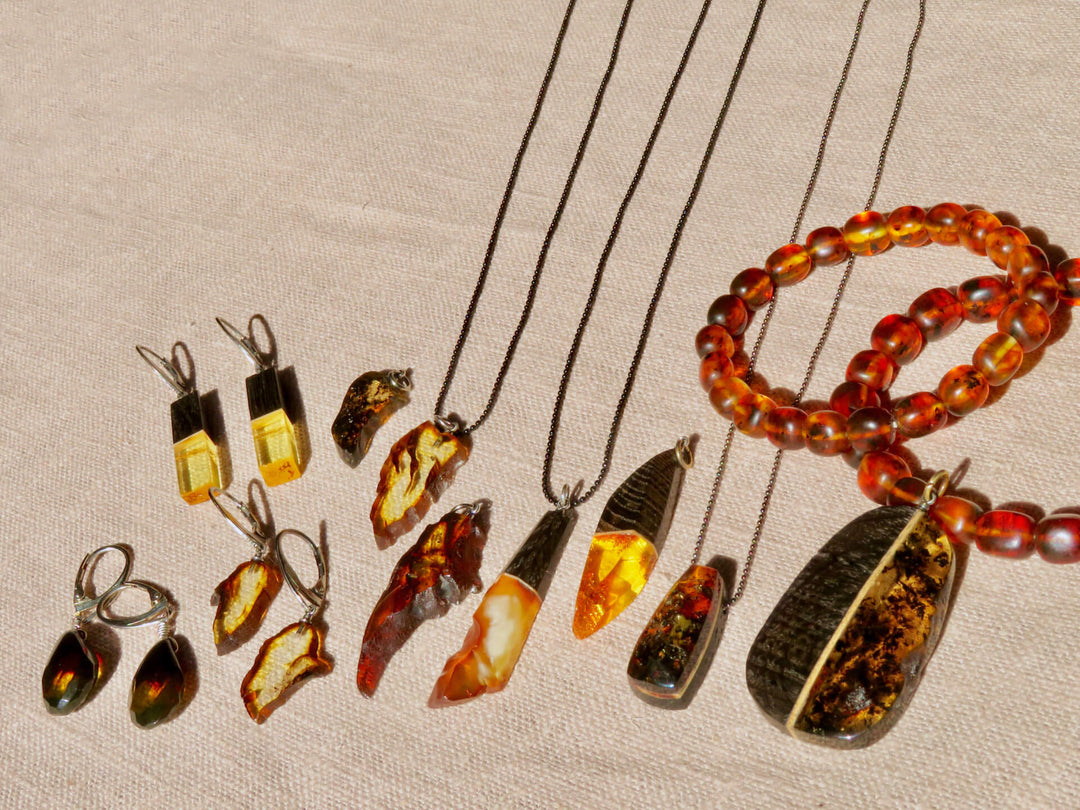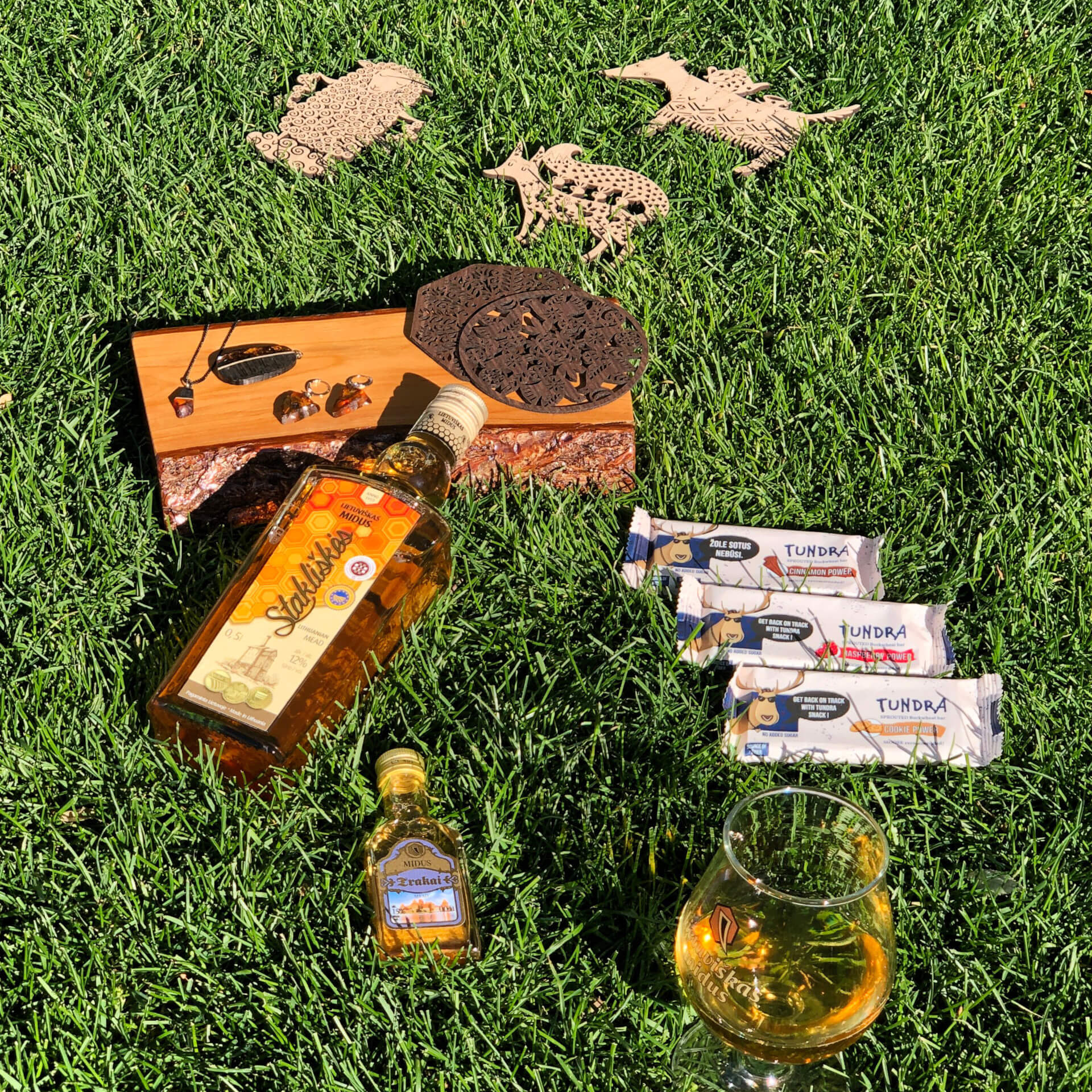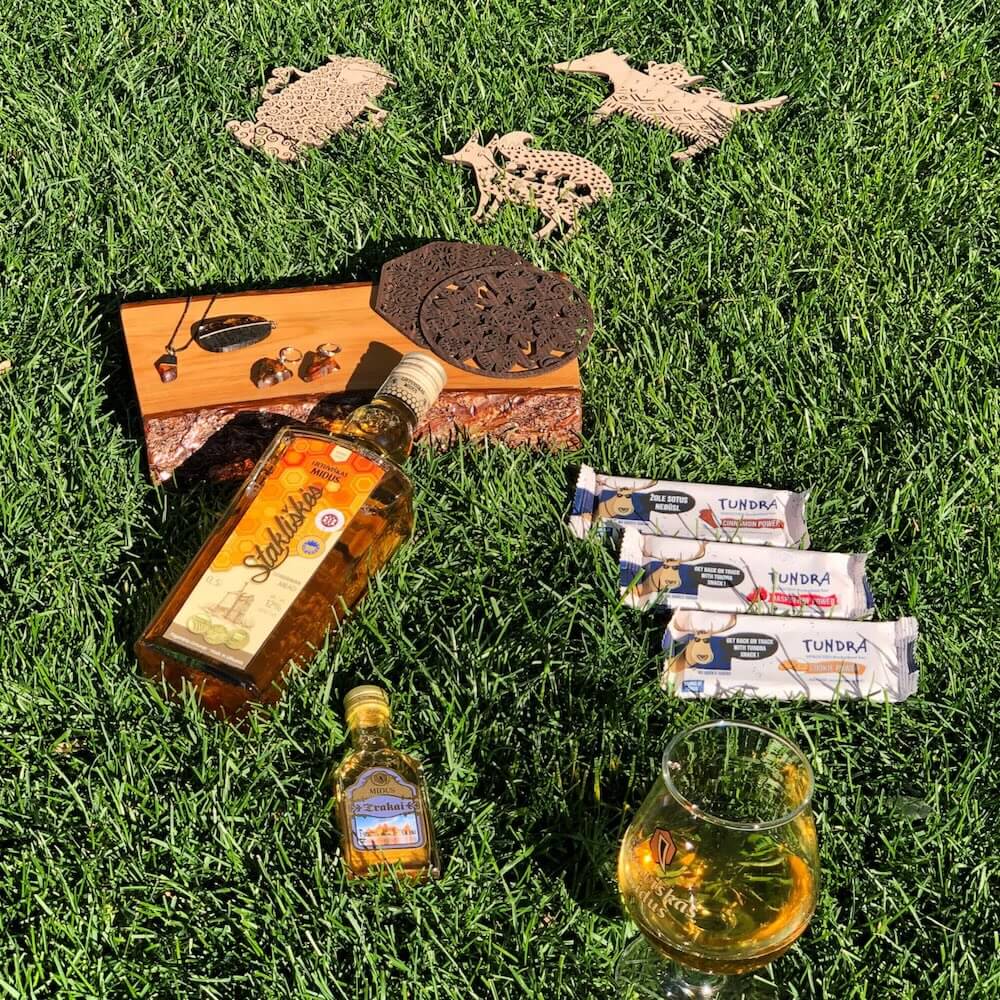The thunder god Perkūnas races through the sky chasing the demon, the god of death Velnias, and a flaming stone chariot drawn by two horses is said to be the symbol of the deity.
Perkūnas is described as a white-haired, bearded old man wearing white and black clothing and carrying a horn, an axe, a bow and arrows, etc.
Meanwhile, the demon Velnias is desperately trying to escape Perkūnas. He is said to have been hiding in hollows of large oak trees, which are abundant in Lithuania, and deceiving people by transforming into animals, or by cleverly deceiving people by promising them wealth and beauty.
The chase reaches its climax when a thunderstorm strikes, and Perkūnas, the god of thunder, purifies the demon Velnias and other evil spirits, and recovers the stolen livestock and weapons.
Perkūnas is associated with Zeus in Greek mythology and Thor in Norse mythology. He is also closely related to "Thursday", as in many legends Thursday is the day of the "Thunderer".

















































